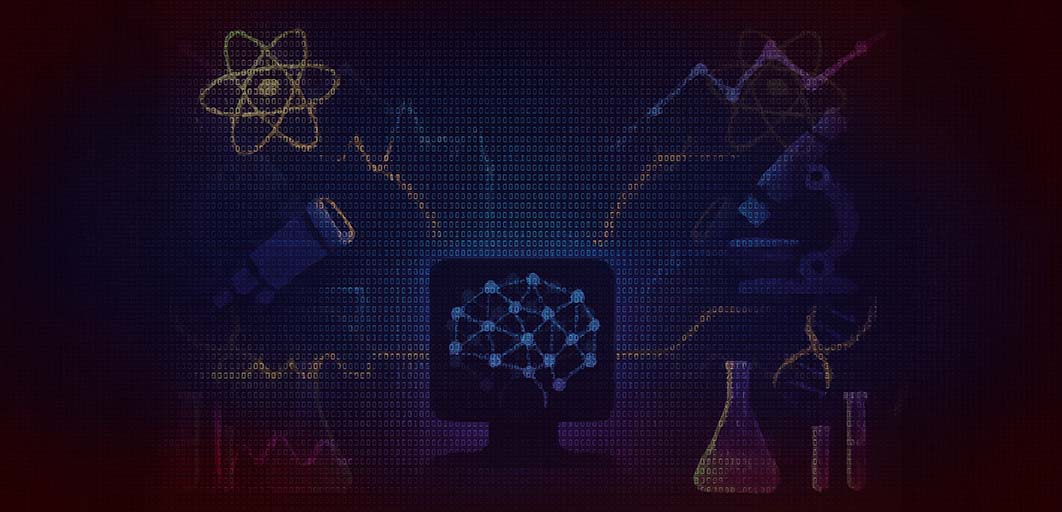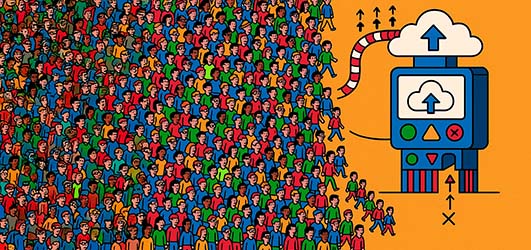Large Scientific Models (LSM)
Various manifestations of Artificial Intelligence have surrounded us for many years. However, usually from the moment they become available to ordinary consumers, they stop being called AI and become mere "algorithms" or even just "services." And all these are manifestations of so-called narrow AI. For the past year and change, there's been particular buzz about AI based on LLMs - Large Language Models. While the setup is not so trivial, the main idea is to perform statistical analysis on a huuuuge amount of text, find all kinds of patterns, and this allows the model, based on all the text (language) absorbed into it, to make decent predictions about what a certain human would statistically answer. It turned out that this already works really well, way better than we thought and oftentimes resembles actual consciousness.
Here's my small prediction. The next spiral in development and consequently in usefulness of application will be based on LSM - Large Scientific Models. Though they might be called something else. But the essence is that instead of just text written by people, they'll use various scientific data as a base, such as measurements from experiments, parameters we already know about everything we've figured out, laws and formulas, etc.
To be clear, I'm not talking about scientific papers or articles - I mean the actual raw data from measurements and experiments, along with established formulas. Importantly, these models would have the capability to reevaluate these measurement methods and formulas based on the totality of available data. This approach could potentially diminish bias and special interests from scientific conclusions because we'd be looking directly at raw data rather than human interpretations of that data. For example, they tested a new wing shape in a wind tunnel, got some huge array of data from there, whoosh, added it to the LSM. All temperature measurements from around the world, all data read from all telescopes, gas chromatographs and spectrometers, chemical compositions of all kinds of materials and substances, recipes for preparing solutions and descriptions of technological processes, videos of experiments, genomes, tables and calculations, accident statistics, bird migration routes, and so on and so forth.
Then AI will be able to produce not just text summaries or poems about whatever you fancy asking about, not just pieces of code, but something resembling new scientific and technological discoveries. The benefit from this will be colossal, if it doesn't fall into evil hands of course. Perhaps ordinary mortals won't be given access to such things at first. And the data is difficult to obtain, and there's incomparably more data than text. But gradually, first in some narrow directions and separate industries, this is exactly what will appear and will create an incredible breakthrough. And although this still won't be AGI, it will already look much more like it than LLMs do.
Tags: aipredictions



